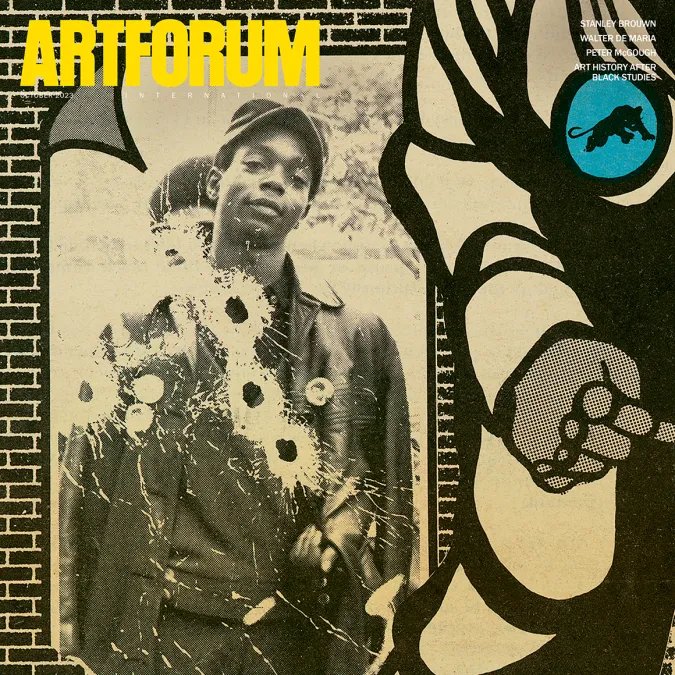recognition
Death’s Futurity Awarded MLA’s 2023 William Sanders Scarborough Prize
“Death’s Futurity: The Visual Life of Black Power is a powerful study of Black visual culture produced during and for the Black Power movement. Focusing on literary and visual objects, Sampada Aranke expands our sense of what an archive of liberation may examine. Using the ideas and experiences of Black corporality in an anti-Black nation, Aranke calls attention to how activists of the period understood the Black body as a site of radical possibility, even amid state-sanctioned violence and death. Death’s Futurity asks readers to join the activists of the Black Power movement in looking at Black bodies beyond the state’s desire to render them expendable through death. The murders of Bobby Hutton, Fred Hampton, and George Jackson were not just painful losses, Aranke shows, but occasions to witness the possibility of transformation and futurity through reordering death’s meaning for the present and beyond.”
October 2023 Artforum “Under the Cover” Video Feature
For the October episode, The Black Panther’s minister of culture Emory Douglas talks with art historian Sampada Aranke about the inception of the Black Panther Newspaper, becoming the publications revolutionary artist, and creating the 1971 poster commemorating the life of “lil” Bobby Hutton, which appears on the cover of this month’s Artforum.
October 2023 Artforum Feature
“Let’s Ride”: Art History after Black Studies
Interview with Huey Copeland, Sampada Aranke, Faye R. Gleisser
2022-2023 Director of Mellon Archives Innovation Programs for Rebuild Foundation
2021 CAA Art Journal Award
“The committee unanimously chose Sampada Aranke’s ‘Blackouts and Other Visual Escapes’ as the most distinguished contribution to Art Journal in 2020. The author offers an eloquent inquiry into the aesthetics of Blackness that troubles the racialized politics of visibility and advances an ethical theory of reception. Through close analyses of artworks by Jack Whitten, Melvin Edwards, and Kerry James Marshall, Aranke proposes that visual representations verging on abstraction and illegibility catalyze embodied modes of relating to Black histories and experiences. According to the author, this aesthetic strategy destabilizes a subject/object divide fundamental to slavery and its afterlives, undermines the violence of the gaze, and activates a distribution of the self into the sensorial field of the artwork. Aranke masterfully intertwines Black studies with phenomenological and anthropological theories to show the entanglement of material and social formations in the experience of art and interracial relations. By selecting artworks in various media that place different constraints on the visual encounter with histories of anti-Black violence, Aranke advances a model of art spectatorship centered on the capacity of Black aesthetics to compel anti-essentialist relations of contingency, dependency, and care.”
Jury: Phil Taylor, Princeton University; Jessica L. Horton, University of Delaware; and Cristina Albu, University of Missouri, Kansas City.




